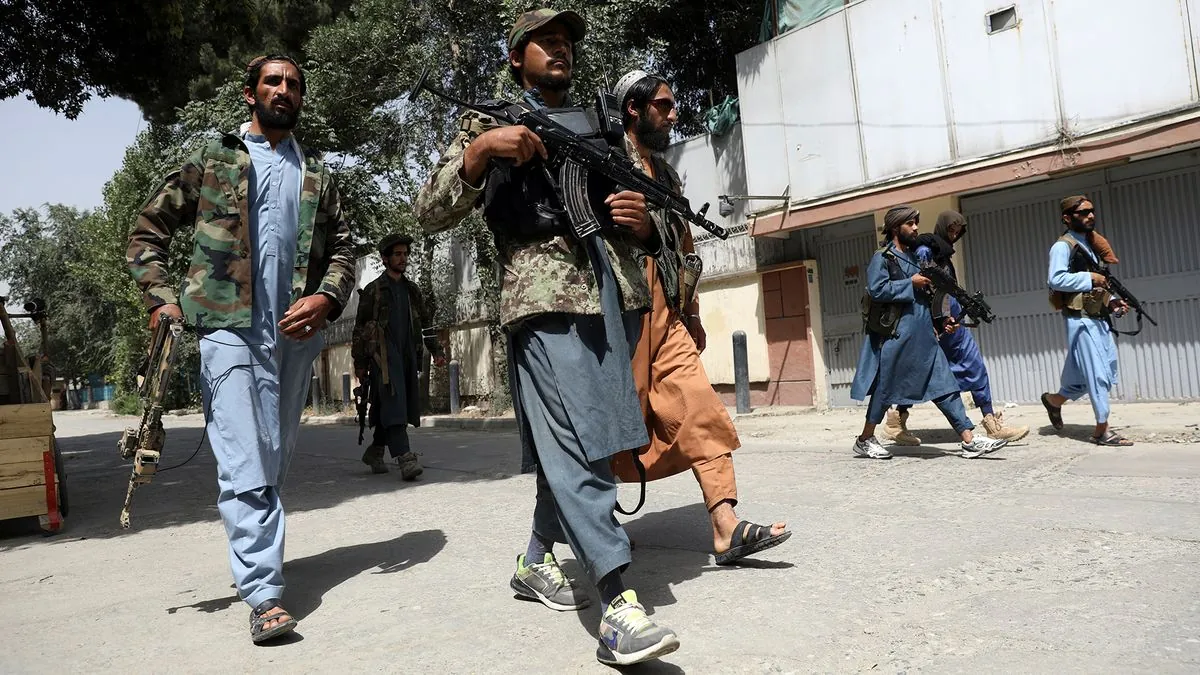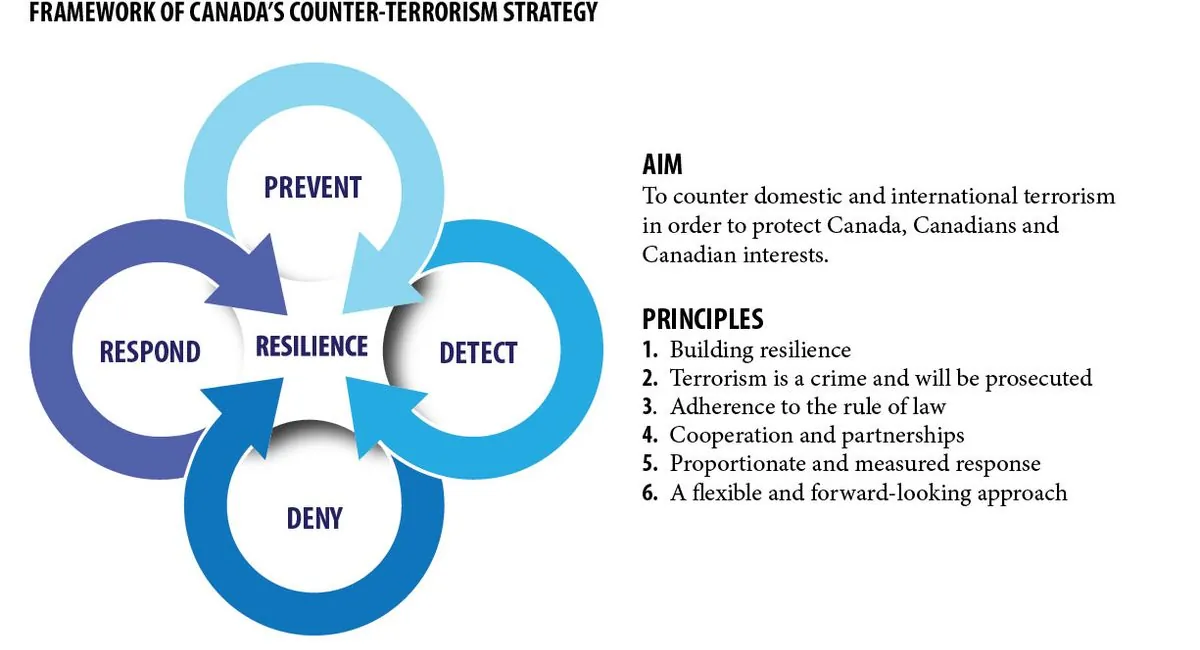Global Terrorism Resurgence: Afghanistan's Role and International Response
Recent terrorist plots highlight the resurgence of global terrorism, with Afghanistan as a potential breeding ground. The article examines the complex dynamics and calls for a unified international response to counter this growing threat.

The global landscape of terrorism has seen a concerning resurgence, as evidenced by recent events and intelligence reports. Earlier this month, Austrian authorities thwarted a potential terrorist attack targeting Taylor Swift's concert, arresting two individuals, including a 19-year-old Austrian citizen who had pledged allegiance to the Islamic State online. This incident is part of a broader pattern of terrorist activities and plots observed across various nations, including Western countries and those in Asia and the Middle East.

The return of the Taliban to power in Afghanistan three years ago has significantly impacted the dynamics of global terrorism. This development has emboldened existing militant groups such as al Qaeda, the Islamic State-Khorasan (IS-K), and others. The situation in Afghanistan is particularly concerning, as it risks becoming a breeding ground for international terrorism once again.
"The elimination of Ayman al-Zawahiri, then the leader of al Qaeda, in Kabul in July 2022 underscores the group's continued presence in Afghanistan."
This operation not only confirmed al Qaeda's presence but also raised questions about potential connections between terrorist groups and the Taliban government. Reports suggest that al Qaeda operatives may be embedded within the Taliban administration, possibly serving as advisors. Furthermore, Saif al-Adel, believed to be the current leader of al Qaeda, has recently called for jihadis to travel to Afghanistan for training and regrouping, with the aim of targeting U.S. and Western interests.
The emergence of IS-K in Afghanistan around 2015 adds another layer of complexity to the situation. Afghan intelligence sources claim a close link between IS-K and the Taliban, suggesting that both groups receive support from the same sources within Pakistan's Inter-Services Intelligence (ISI). This challenges the prevailing Western narrative that portrays these groups as distinct entities with conflicting agendas.
The perceived distinction between the Taliban and IS-K has led some regional actors, including China, Russia, Iran, and Central Asian countries, to treat the Taliban as a potential tool for containment. These nations have been pursuing closer ties with the Taliban since 2015, extending invitations for representatives to visit their capitals and maintaining operational embassies in Afghanistan even after the collapse of the Afghan republic.
The global threat posed by terrorist organizations such as the Taliban, IS-K, al Qaeda, and regional militant groups like Hezbollah, Hamas, and the Houthis cannot be understated. These predominantly male-dominated groups operate clandestinely, sharing tactics and ideology across borders. Despite perceived sectarian divides, they share a similar agenda of forcing nonbelievers to convert or face death, and establishing their version of a caliphate.
To address this growing threat, a unified international response is crucial. The United States can play a pivotal role in forging such a response, but it must avoid repeating past mistakes. A multilateral approach that includes information sharing and transparency is essential to hold the Taliban accountable and expose their support of terrorist groups.
The United States should reassess its engagement with the Taliban and focus on supporting non-Taliban Afghans, particularly women. Investing in Afghan political forces that are trusted and proven counterterrorism partners could promote long-term stability and a terrorism-free future for Afghanistan and the world.
As the global community grapples with this resurgent threat, it is imperative to recognize the interconnected nature of these terrorist organizations and the need for a coordinated, multilateral approach to counterterrorism efforts.


































